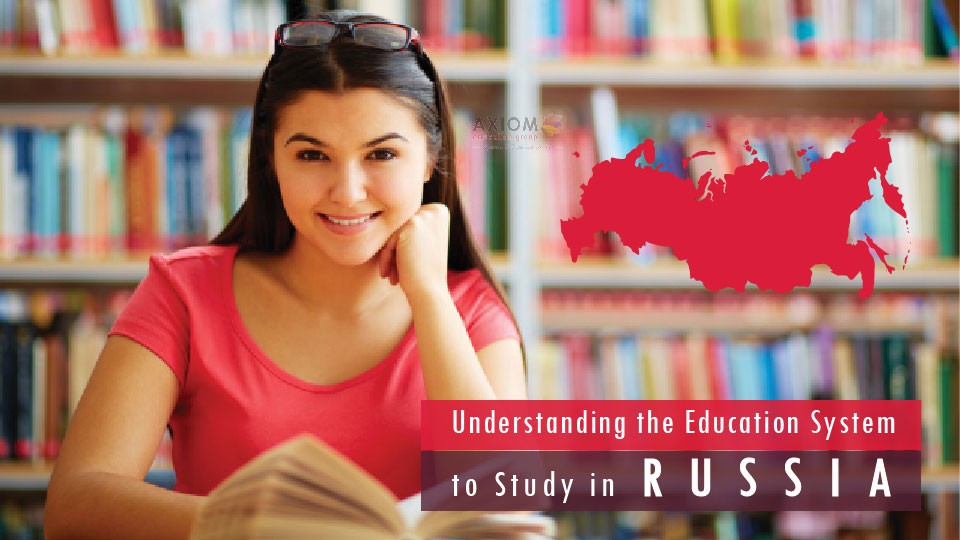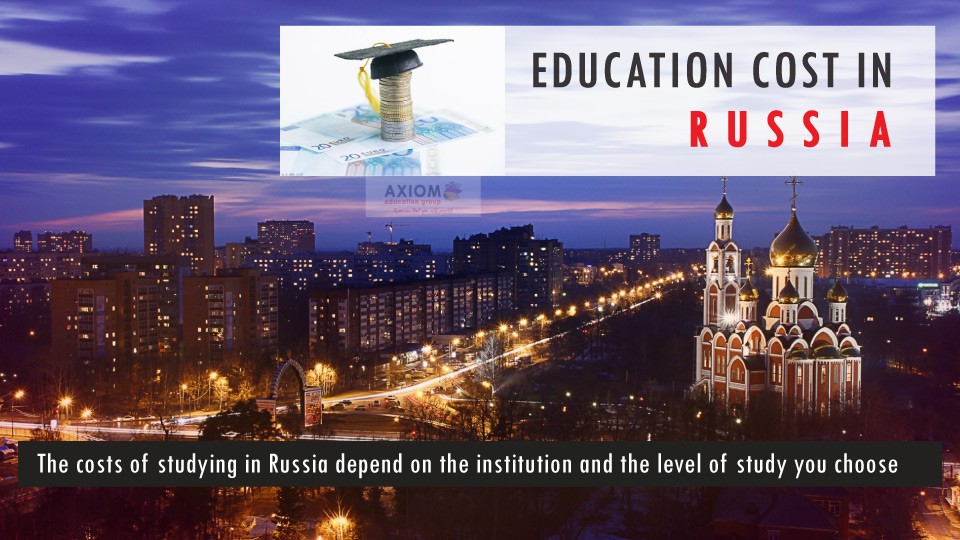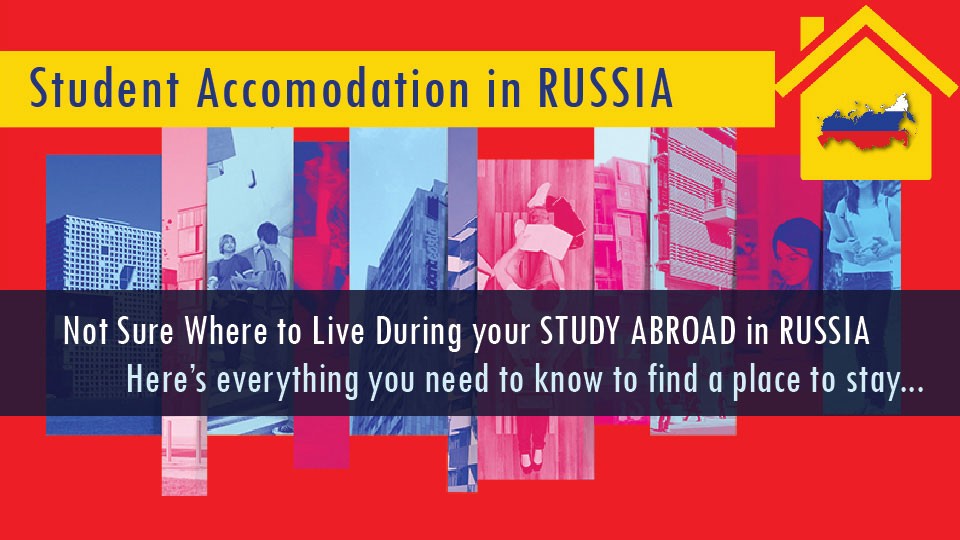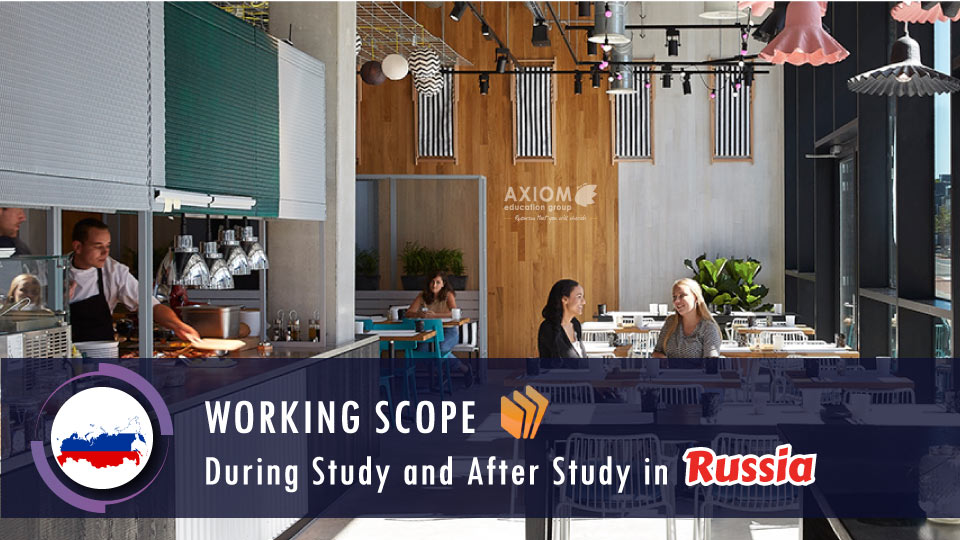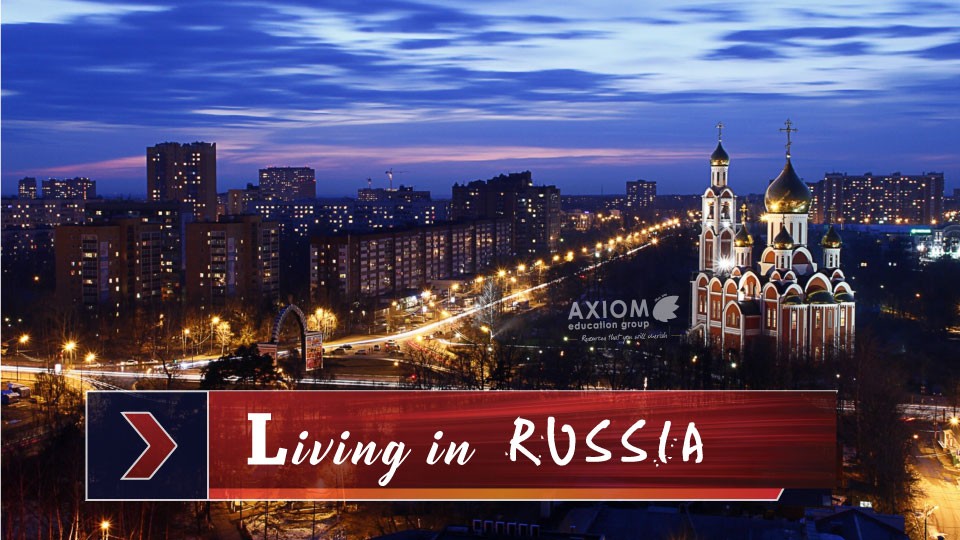
Russians have rich, centuries-old educational traditions. According to the Organisation for Economic Cooperation and Development (OECD), Russia has the most educated population in the world, outperforming Canada, Japan, Israel and the USA. Each year Russia accepts students from all over the world, from nearly 170 countries, and you can join them.
Russian universities provide their students with comfortable studying and living conditions and help them adapt to the country. Russian universities train a wide variety of specialists, both in engineering and the humanities, and regularly place in the top of international rankings. Education in Russia is much more affordable than in the USA or UK. Moreover, international students have the opportunity to study for free at the expense of the Government budget.
Get ready for all the important information you need to make a decision about the study abroad in Russia! Click on the tabs below to find out about the world-class universities & colleges for Diploma, undergraduate & postgraduate programs in Russia and practical information on applications, admissions, fees, scholarships, visas, local life and more….
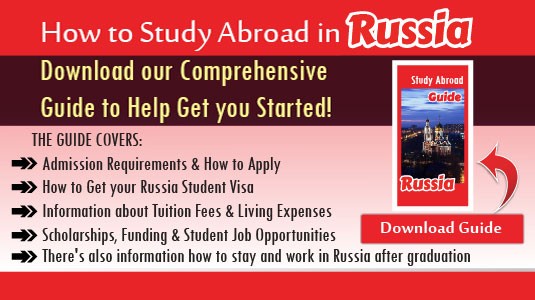
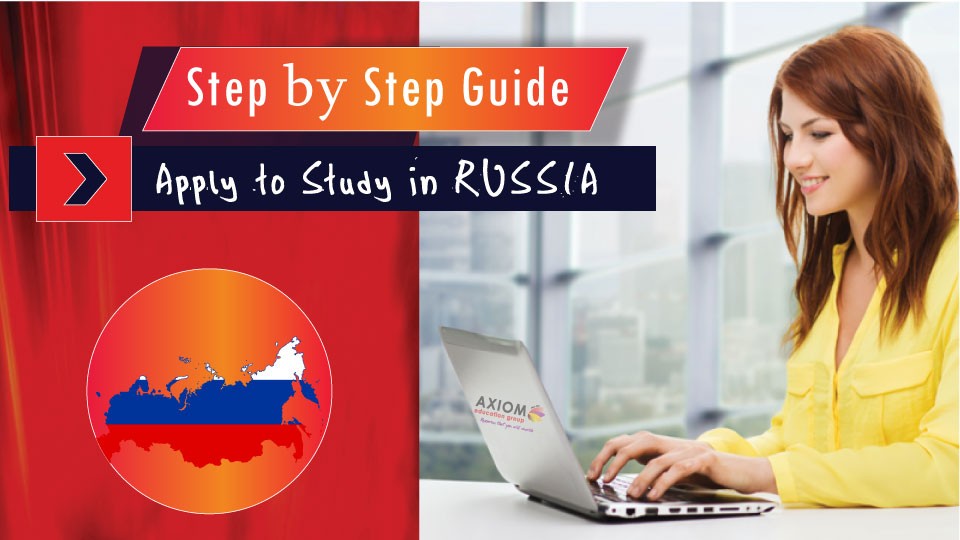

Academic year lasts from 1t of September to 30th of June. There are two semesters: the first one is from 1t of September to 25th of January, the second one is from 9th of February to 30th of June. At the end of each semester, students are passing exams. After this, they have holidays: 2 weeks in winter (from 25th of January to 9th of February), 2 months in summer (from 1t of July to 30th of August).
For every academic year, dates for submitting applications and sitting entrance examinations are determined by the Ministry of Education and Science of Russia. Based on these deadlines, universities set their own dates, which are then published on their websites. Therefore, you need to check the application and examination dates on your chosen university’s website or Axiom offices.
Visit our website – we have prepared detailed guidelines for you “Step by Step to Studying in Russia”.
You can also find out how to get a Russian Government Scholarship and study for free. For more information about scholarships, please contact Axiom office.
Find a suitable program and contact the International department of the university you are planning to go to. Contact information for international students you can find at the page of each university.
Leading Russian Universities normally offer Bachelor’s and Master’s Degree Programmes in English. You can choose to study Russian at the university’s international student pre-school or Russian language courses. If you enroll with Russian government funding, you will also be able to study Russian free of charge.
There are several options for foreigners to study for free in Russia. You can participate in an academic competition or apply for a Russian government scholarship. Certain categories of international students may even get their tuition funded by the Russian government.
Russian laws do not limit the age of university applicants. However, applicants need to have a completed HSC or Diploma.
The application deadlines for Russian government scholarships are announced annually between December and January. Visit Axiom for details.
In theory, you could use a tourist visa to apply to a university (in this case, you would need to have an invitation from the accepting party – either a hotel or a friend who invited you to stay. Universities issue invitations for student visas only).
However, for any further legal stay in Russia, you still need to obtain a student visa. For this, you need to go back to your country and submit a student visa application there.
To avoid wasting time and money, you are advised to apply for a student visa from the very outset: it is issued for three months, to be further extended within Russia (at the Russian Federal Migration Service office). Applicants from countries with visa requirements to enter Russia should take into account that the process of obtaining an invitation and an entry visa in average takes about 2 months.
Government scholarships are awarded to the most talented students on the basis of their academic merit. The commission looks at your secondary school marks if you apply for a Bachelor’s program, or at your academic excellence during undergraduate studies if you apply for a Master’s program.
You don’t have to speak Russian to get funding, but language skills will give you an advantage and will help to adapt easily to a new environment.
All the above mentioned will help you to outscore other applicants. If you don’t succeed in getting a scholarship, don’t worry! Consider the option of fee-based education. Costs of education in Russia are much lower than in Europe and in the USA. You can visit Axiom find the right program for you.
Russian universities are praised for their best price-to-value ratio. Tuition costs vary from 1000 to 6000 US dollars per year and depend on the city and chosen university. Most Russian universities offer the option of paying for tuition by terms.
To learn more about Education costs, you need to visit each university’s website.
International students can work at the university (or at its organizations) on their free time. In this case, you don’t need to take the relevant permit from the Federal Migration Service (FMS). In other cases, a permit is required. Permits are issued only to students on full-time courses at state-accredited universities. Students can work only according to the profession specified in the permit, and in the region (city) where their university is located. Read more about work for international students in Russia.
On average, a Russian student spends 300 to 400 US dollars a month. However, you need to have around 300 or 400 dollars for miscellaneous expenses, such as health insurance, household equipment (kitchenware, bed linen, and cleaning items), and certain study materials.
You need to have some cash to hand for day-to-day expenses. Ideally, you should buy Russian roubles in your own country. Also, you may buy roubles when you arrive in Russia, at airport currency exchanges or banks.
For large sums, such as tuition or accommodation fees, use wire transfer or a bank card. You can pay your tuition fees by transferring money from a bank account in your country directly to the university.
Foreign citizens may also open accounts or get a debit card from a Russian bank. If you receive a scholarship, you need a debit card issued by a Russian bank.
Many international students in Russia use two cards, one issued by their home bank and another by a Russian bank. Russia has a good banking infrastructure and you are unlikely to have any issues with card payments or cash withdrawals.







